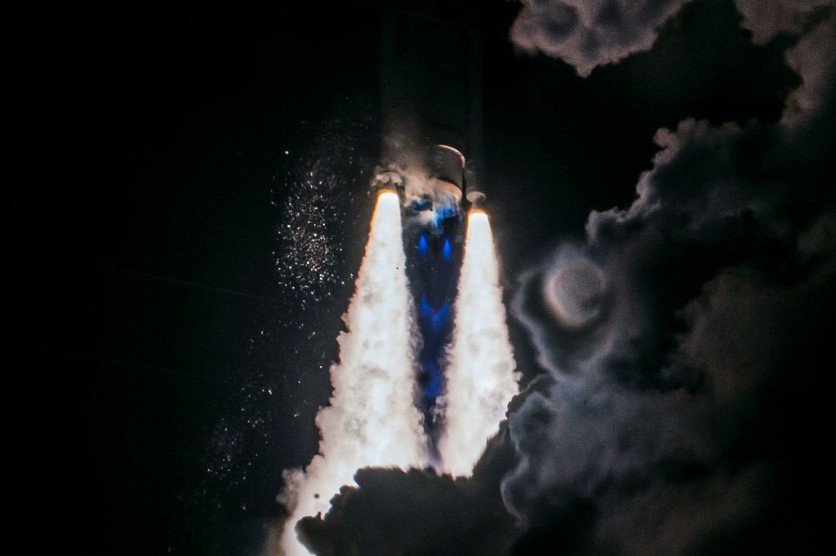The US Space Force is now looking to conduct its inaugural military exercise in orbit, marking a major milestone in its efforts to bolster defense capabilities against potential threats emanating from space.
Dubbed "Victus Haze," the exercise comes amidst escalating apprehensions surrounding China's extensive satellite tracking network, raising alarms within the US military establishment, The Sun tells us in a report.
US Space Force to Conduct Exercises Against 'On-orbit Aggression'
In a strategic move aimed at testing responses to potential "on-orbit aggression," the Space Force has forged partnerships with Rocket Lab and True Anomaly, stressing a shift towards collaboration with smaller, agile commercial space entities.
This exercise represents a departure from traditional paradigms, focusing on rapid deployment and real-time responsiveness to emerging space threats.
The exercise entails Rocket Lab simulating a non-ally satellite pursuing another satellite crafted by True Anomaly, a demonstration of the Space Force's preparedness to counter adversarial maneuvers in space.
General Michael Guetlein, Space Force's Vice Chief of Space Operations, highlighted the urgency of the endeavor, stating, "We no longer have the luxury of time to wait years...to deliver some of these capabilities."
China's Growing Satellite Threats
Concerns over China's burgeoning satellite network, capable of monitoring Western military operations on the ground, have intensified in recent times. General Guetlein emphasized the imperative of identifying and understanding unknown assets in space, stressing the need for a proactive approach to safeguard US interests.
Earlier this week, we reported that US authorities expressed concern about China's rapid space advancement. At the 39th Space Symposium on Tuesday, April 9, US officials described China's recent actions as a deliberate effort to increase space dominance.
US Space Command Chief General Stephen Whiting acknowledged China's rapid advancement in intelligence, surveillance, and reconnaissance satellites in 2018. Whiting raised issues about China's "kill web" in the Pacific Ocean, which was used to identify and attack US and allied military assets.

(Photo by CHANDAN KHANNA / AFP)
TOPSHOT - The brand new rocket, United Launch Alliance's (ULA) Vulcan Centaur, lifts off from Space Launch Complex 41d at Cape Canaveral Space Force Station in Cape Canaveral, Florida, on January 8, 2024, for its maiden voyage, carrying Astrobotic's Peregrine Lunar Lander.
Developing Space Defense Dynamics
The project's significance extends beyond mere military exercises, reflecting broader shifts in space exploration and defense dynamics. True Anomaly and Rocket Lab, relatively smaller players in the commercial space domain, secured contracts totaling $62 million, indicative of the growing influence of agile private entities in shaping military space initiatives.
True Anomaly's press release elucidated the mission's objectives, emphasizing the development of rendezvous and proximity operation (RPO) capable space vehicles and command and control centers. These systems are poised to facilitate rapid deployment, potentially launching satellites into orbit within days, rather than weeks.
Meanwhile, the US Space Force and US Space Command have submitted a combined $2.3 billion in "unfunded requirements" to Congress, underscoring the urgency of fortifying satellite defense capabilities, Space News reports.
The specter of Chinese and Russian threats in the space domain looms large, prompting concerted efforts to bolster space control, space superiority, and space domain awareness capabilities.
Stay posted here at Tech Times.
Related Article : Report: Space Startup Funding Doubles in Q1, Government Backing Fuels Stronger Space Economy Growth

![Apple Watch Series 10 [GPS 42mm]](https://d.techtimes.com/en/full/453899/apple-watch-series-10-gps-42mm.jpg?w=184&h=103&f=9fb3c2ea2db928c663d1d2eadbcb3e52)



